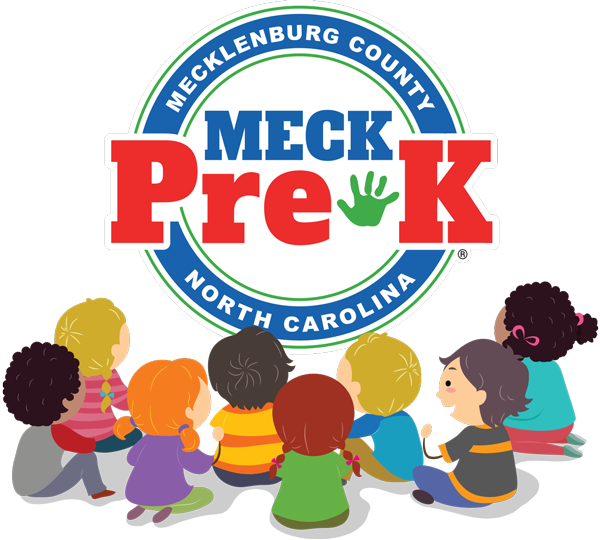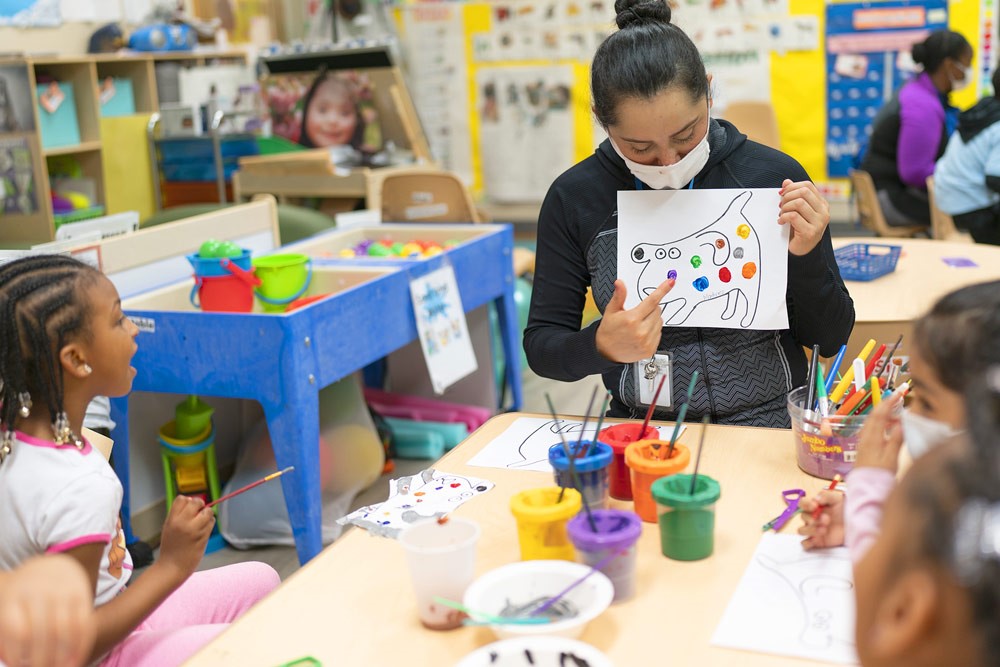How Does Kindergarten Compare to Pre-K?
The first two years of school are essential for childhood development because they set the foundation for Grades 1 through 12. Children learn literacy and math skills in pre-K and kindergarten, and they develop socially and emotionally. However, because pre-K is not mandatory, parents and caregivers may have questions about pre-K, such as:
- What is pre-K?
- What is the difference between kindergarten and pre-K?
- Is pre-K really necessary for my child?
Here is a look at what children learn, how they develop in pre-K and kindergarten, and why both are necessary for proper development for young children.
Is There a Difference Between Pre-K and Kindergarten?
Pre-K and kindergarten are significantly different when it comes to the learning environments and the curriculum.
Pre-K offers a simpler, unstructured learning time with plenty of playtime during the day. The goal of pre-K is to help kids develop intellectually, socially, and emotionally. Through play and guided activities, they become aware of concepts in math, literacy, and other areas.
Kindergarten, on the other hand, is more structured. Instead of simply raising awareness and fostering development, teachers have a more direct approach to lead students toward educational goals and milestones. Though kindergarten still involves play and informal learning, the focus is on completing specific lessons and learning skills, such as basic addition and subtraction or forming words using letter cards.
What Is Pre-K?
Pre-K is often the first exposure that four-year-olds have to a formal school setting. There are two goals in pre-K programs. The first goal is to gently introduce students to the school setting in which they will spend the next 13 years (kindergarten through 12th grade). Students become aware of the concepts they will study through informal play and activities.
The students also get to spend time around other kids, so they learn to socialize, behave in a group setting, and perform basic tasks, such as organizing their space, going to the restroom on their own, and cleaning up. They also learn to follow a teacher’s directions and complete classroom tasks.
Do You Need Pre-K to Go to Kindergarten?
Because pre-K is not mandatory, parents may wonder if pre-K is necessary to prepare for kindergarten. However, it is an essential stepping stone in a child’s development.
Children who attend pre-K have multiple advantages. First of all, they are already aware of the major concepts they will study in kindergarten. Secondly, they have social skills and are familiar with the classroom setting and the expectations related to behavior and responsibilities.
Because they are familiar with all of these things, children who attend pre-K will usually be more confident in kindergarten and will be able to adjust to the more structured environment more quickly than their peers who opted out of pre-K.
Your child can carry the skills they learn in pre-K through elementary and secondary school.
Find the Best Pre-K for Your Child
Pre-K gives students a solid base of educational skills that they can build upon in kindergarten. That said, you still need to choose a pre-K program that will ensure your child receives these advantages of pre-K and is ready to step confidently into the kindergarten classroom.
In Mecklenburg County, families can apply for MECK Pre-K, a high-quality free pre-K program for four-year-old children in Mecklenburg County. If you have questions about MECK Pre-K, and how it can prepare your child for kindergarten, you can contact MECK Pre-K today.

